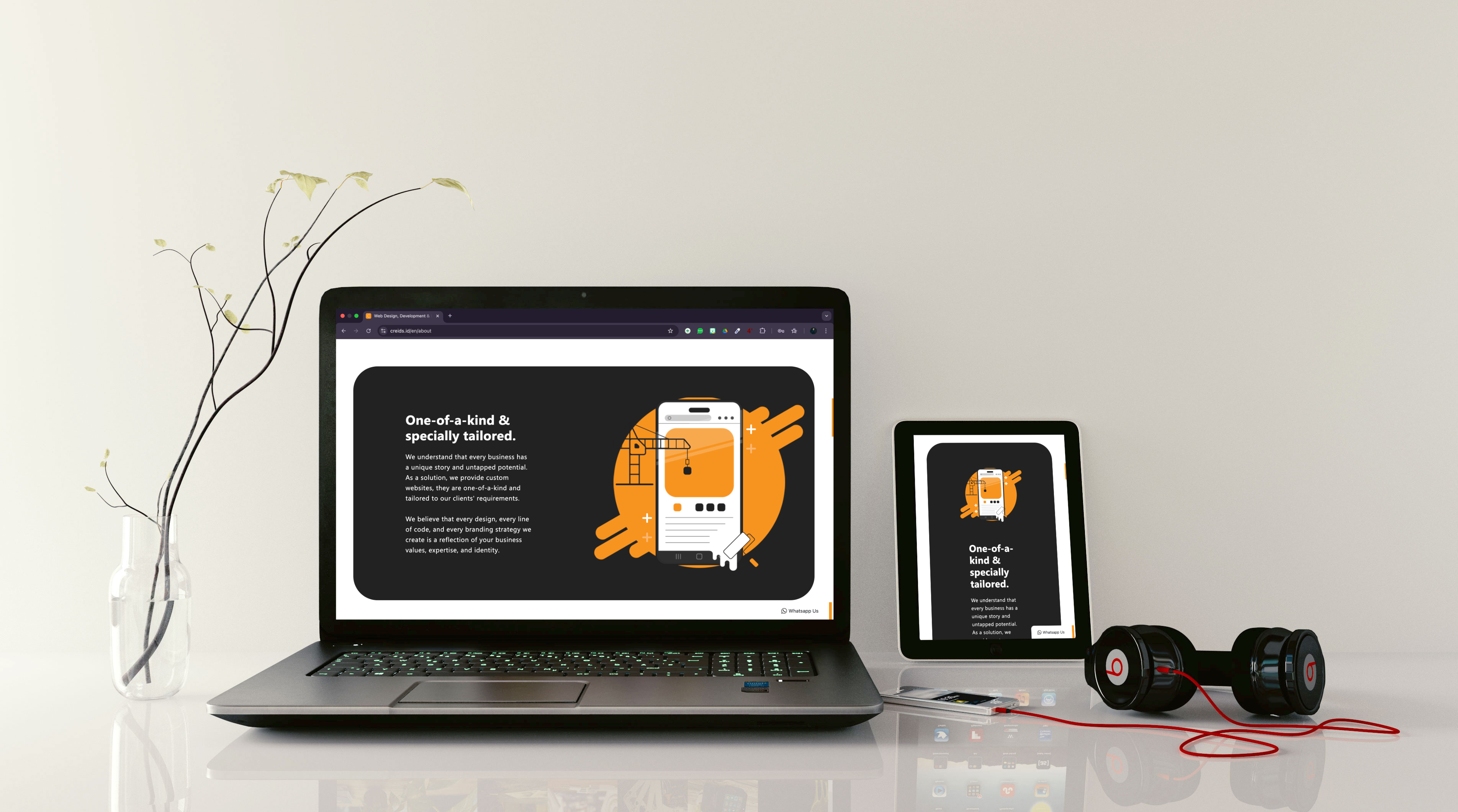In today's rapidly evolving digital age, user accessibility and convenience when visiting a website are crucial for achieving success. One of the key factors that contribute to this is adaptable design. Adaptable design is an approach in website development that guarantees a website's appearance and functionality can seamlessly adjust to different devices, such as desktop computers, tablets, and smartphones.
Why is Adaptable Design so Important?
- Enhanced User Experience: A study conducted by Google discovered that 74% of smartphone users are more likely to revisit a website if they find it mobile-friendly, even if they have previously visited it on a desktop. With adaptable design, visitors can easily access and navigate website content without encountering issues like distorted layouts. This creates a positive impression on visitors and enhances their level of comfort.
- Improved SEO Rankings: Search engines like Google prioritize adaptable websites. They consider adaptable design to be a crucial factor in search rankings. A higher ranking in search results can boost your online visibility and attract more potential visitors.
- Increased Mobile Traffic: The use of mobile devices continues to increase. With adaptable design, you can reach a wider audience, including users of smartphones and tablets. A study by Statista predicts that by 2023, over 72% of internet traffic will come from mobile devices. This can lead to increased traffic and more business opportunities.
- Enhanced Visitor Retention: When users feel at ease accessing your website, they are more likely to stay longer. According to research by Chartbeat, visitors to adaptable websites have longer average session durations compared to visitors to non-adaptable versions of the same site. Adaptable design helps increase visitor retention rates, giving you more opportunities to engage with them and convey your message or offers.
- Time and Cost Savings: In the long run, having an adaptable website can save you time and money. You won't need to develop and maintain separate versions of your website for mobile and desktop devices. It also streamlines website maintenance processes.
- Increased Visitor Trust: Websites that display well on all devices create a professional and trustworthy impression. This helps boost visitor trust in your brand or business.
- Adaptation to Change: With adaptable design, you are prepared for future changes in device technology and user behavior. You won't need to make significant alterations to your website every time there's a new development.
Adaptable design is a crucial aspect of website development that should not be underestimated. It provides a superior user experience, supports SEO efforts, and enhances accessibility across different devices. By embracing responsive design, you can guarantee that your website is prepared to confront the current and future digital challenges, making it a valuable asset in accomplishing your business objectives. Therefore, ensure that your website showcases exceptional responsive design to achieve success online.
